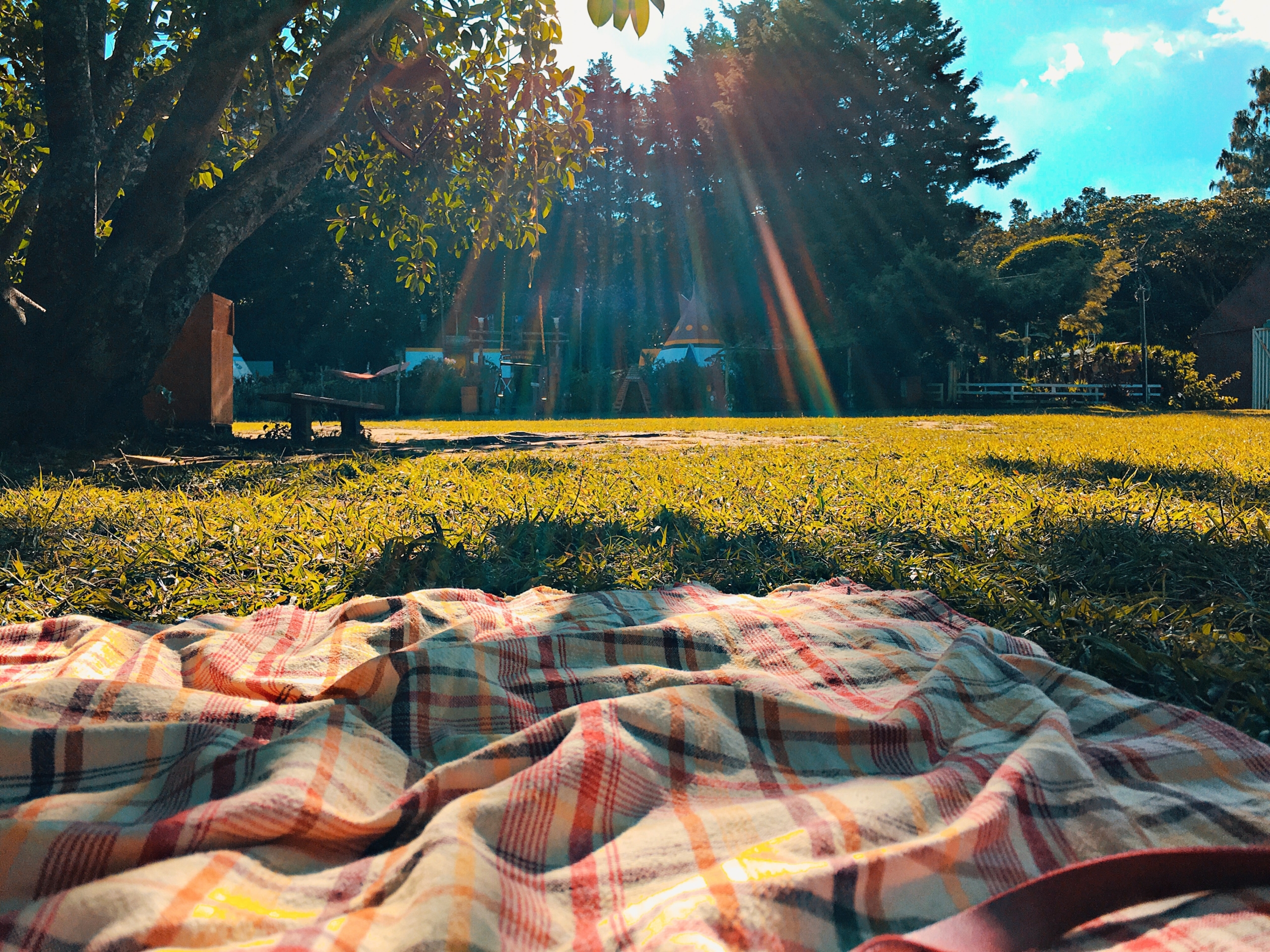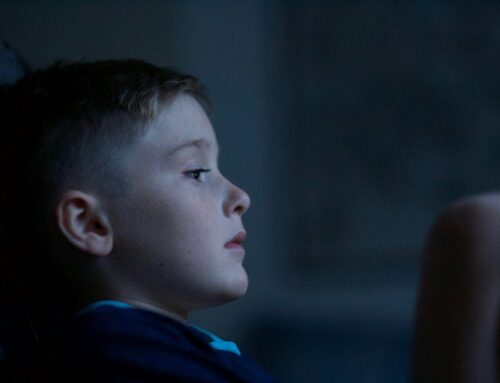A friend recently told me that, after a stressful week of Zoom meetings, social distance, disrupted schedules, students at home, and hours spent indoors, he had enjoyed a good weekend and was still feeling better than the week before. What was the reason? He had gone for a long walk on a nearby trail. That’s it.
It turns out that science supports his experience.
There is a body of research showing that connecting with nature has both cognitive and emotional benefits. Spending time in nature has been linked to positive psychological outcomes including reduced stress, improved mood, improved attention, and empathy.
Connecting with nature has cognitive benefits including increasing self-control, working memory, cognitive flexibility, and attention. Looking at nature and listening to the sounds of nature are good for our brains. Even looking at a green space, compared to looking at a concrete rooftop, for a few moments improved attention in one study. Listening to the sounds of nature, compared to urban sounds, improved performance on cognitive tests in another study.
In addition to cognitive benefits, spending time in nature is associated with greater happiness and other outcomes including a sense of well-being, positive feelings, and positive social interactions.
There is evidence that even images of nature can be beneficial. Virtual reality experiences, watching videos about nature, and playing video games that are set in nature, can be helpful. It appears that being in nature is more beneficial, but virtual reality can be a good substitute for people who are not able to get outdoors for mobility or health reasons.
Researchers are exploring keys to connect with nature effectively. For instance, how much time should we be outdoors to experience these benefits? One recent study found that people who spent at least two hours in nature during the past week reported greater health and well-being. This finding held up whether people were in nature for one long single session or they spread out their time in nature over shorter multiple sessions.
Researchers are also finding that feeling connected to nature is important. People who feel more connected to nature are more likely to feel good in general and have a sense of purpose in life.
I am not suggesting that spending time in nature will take our stress away during this challenging time but connecting with nature, either outdoors or in virtual reality, could be a useful tool for taking care of ourselves.
See you outside.





